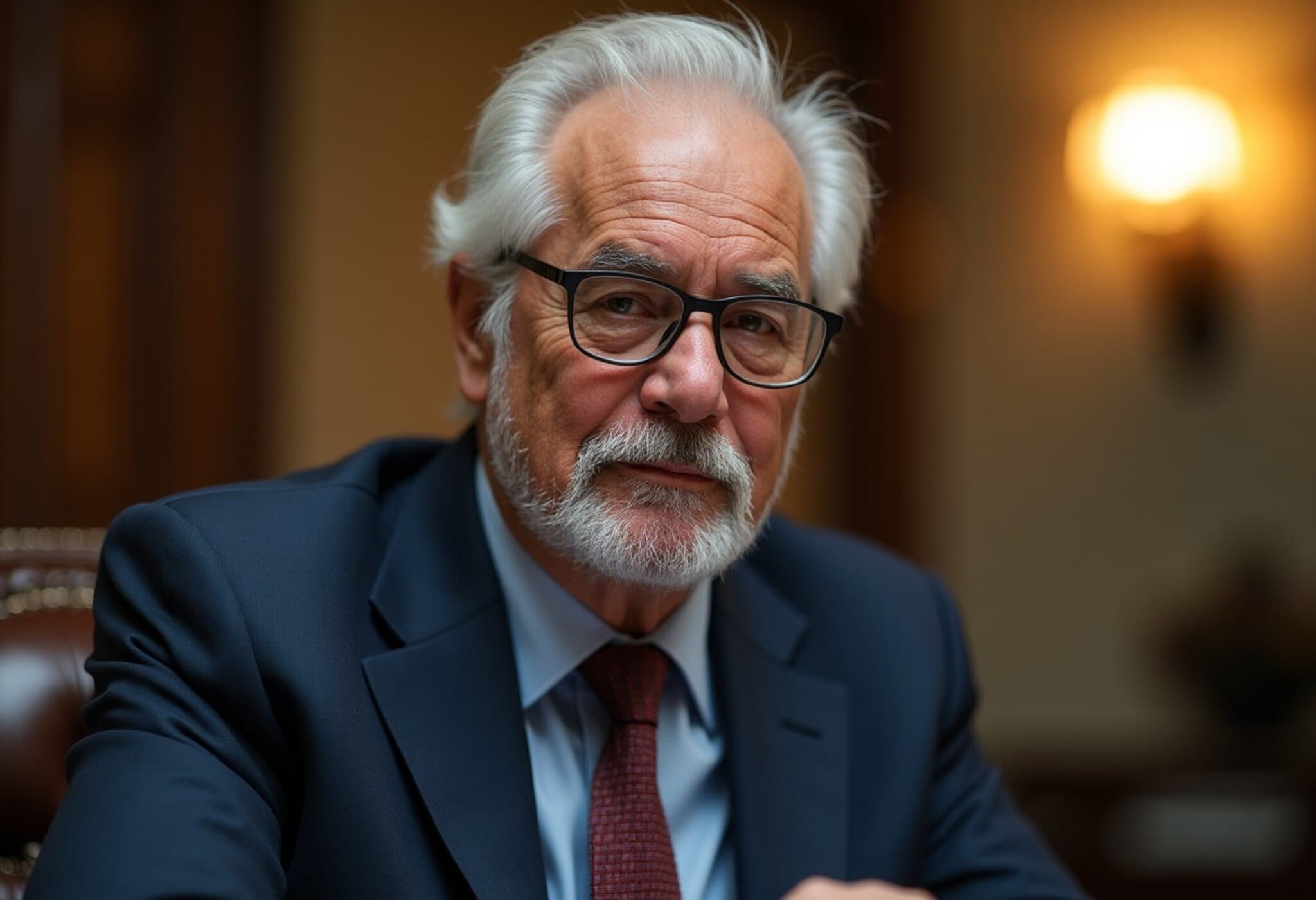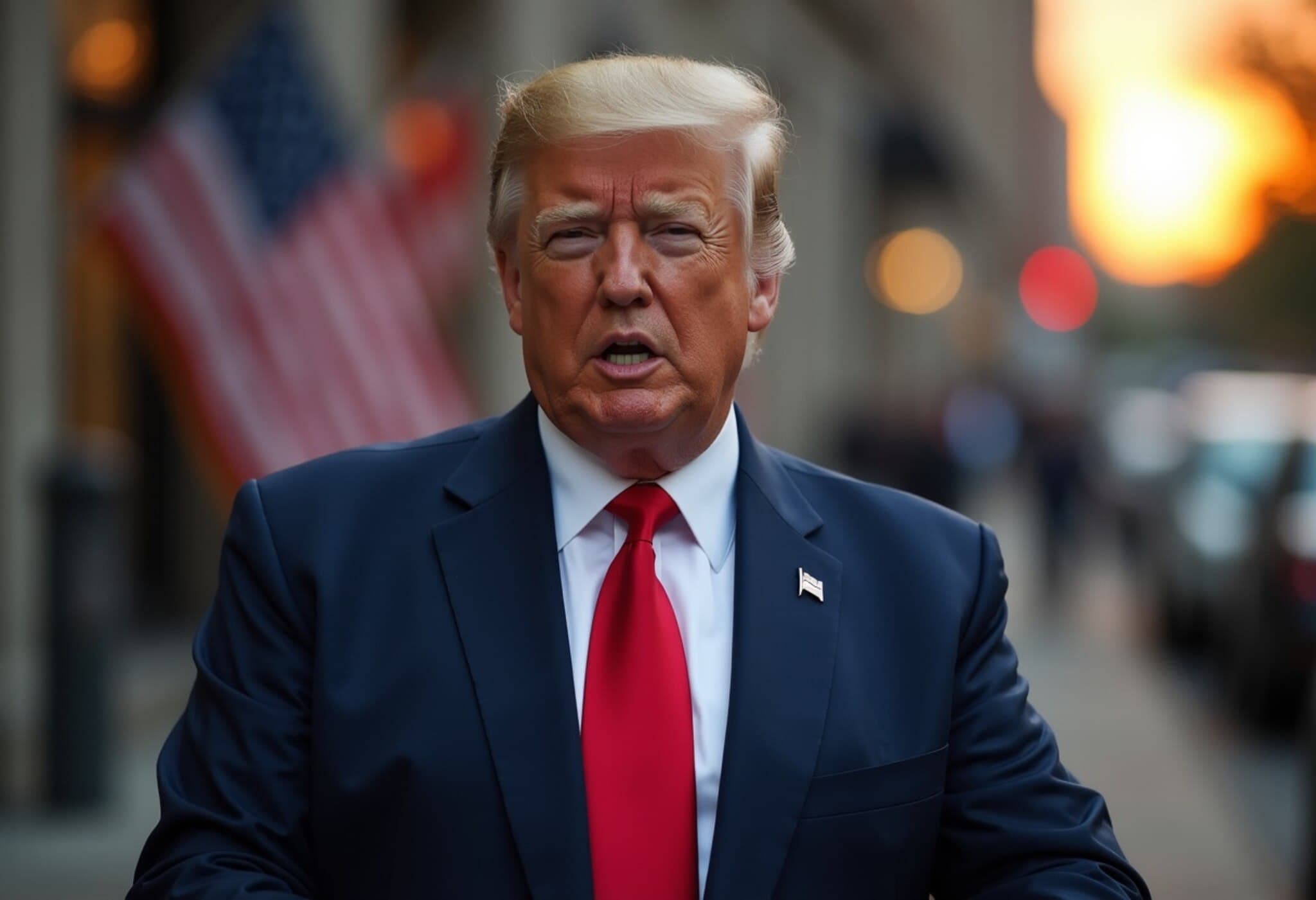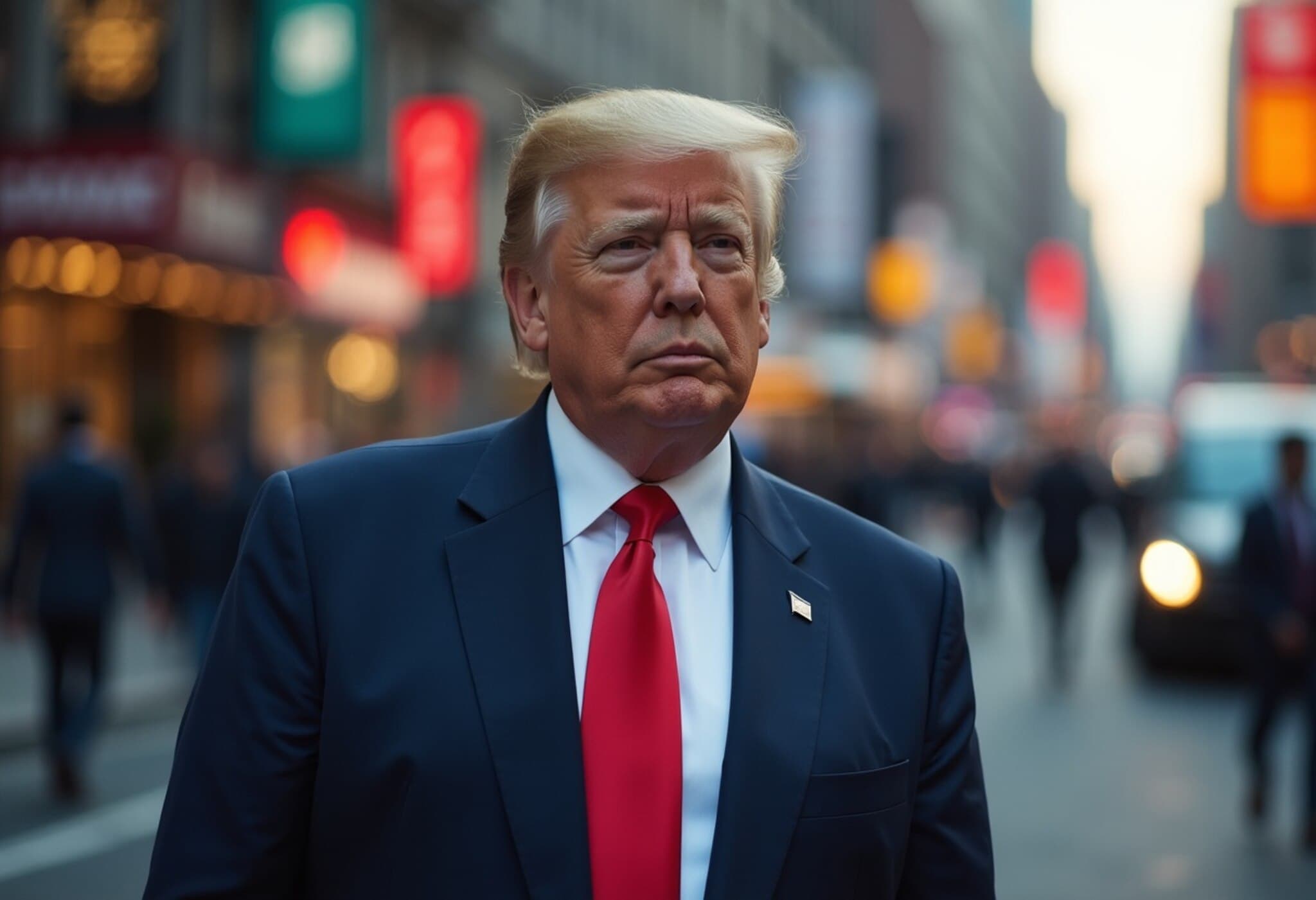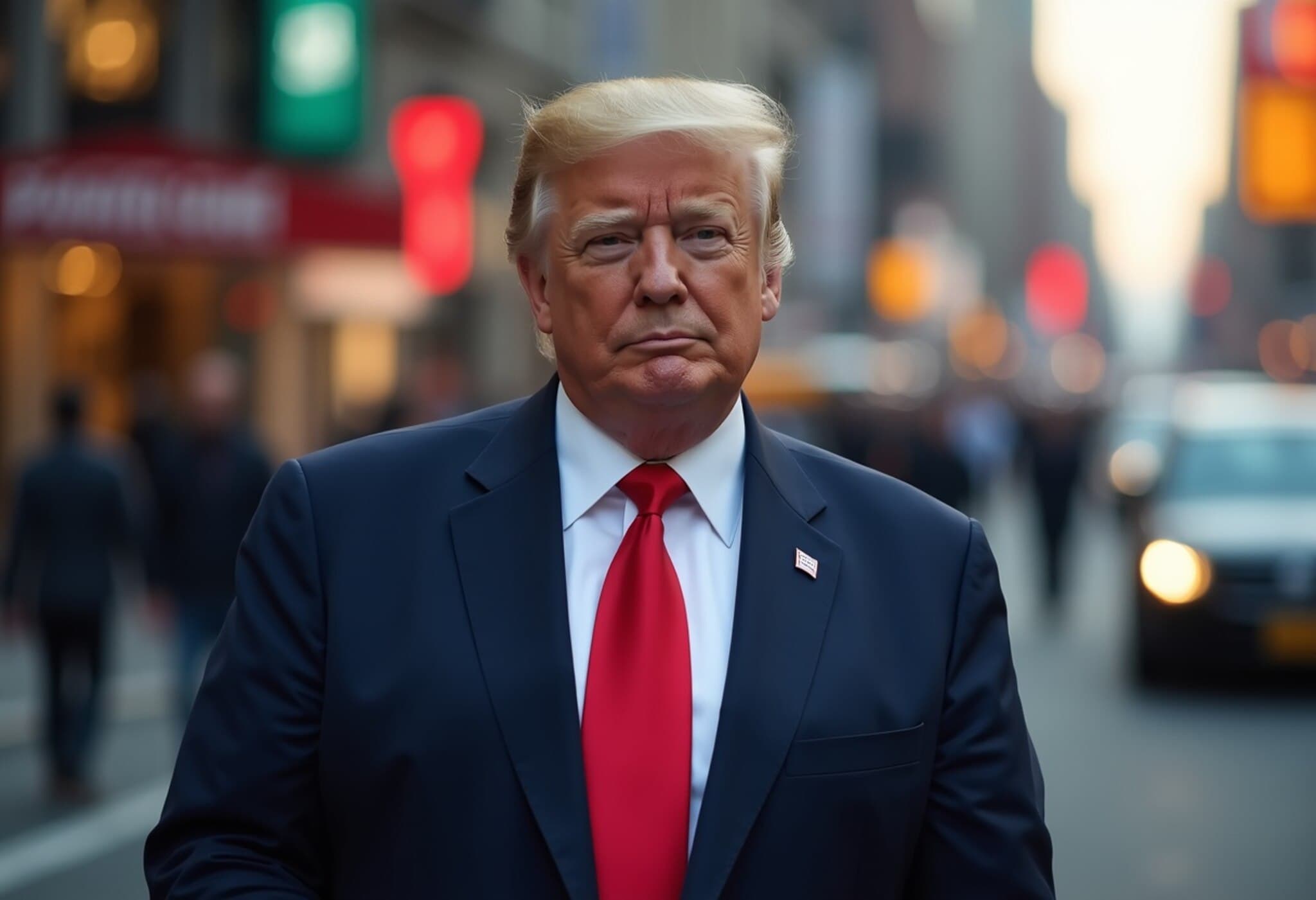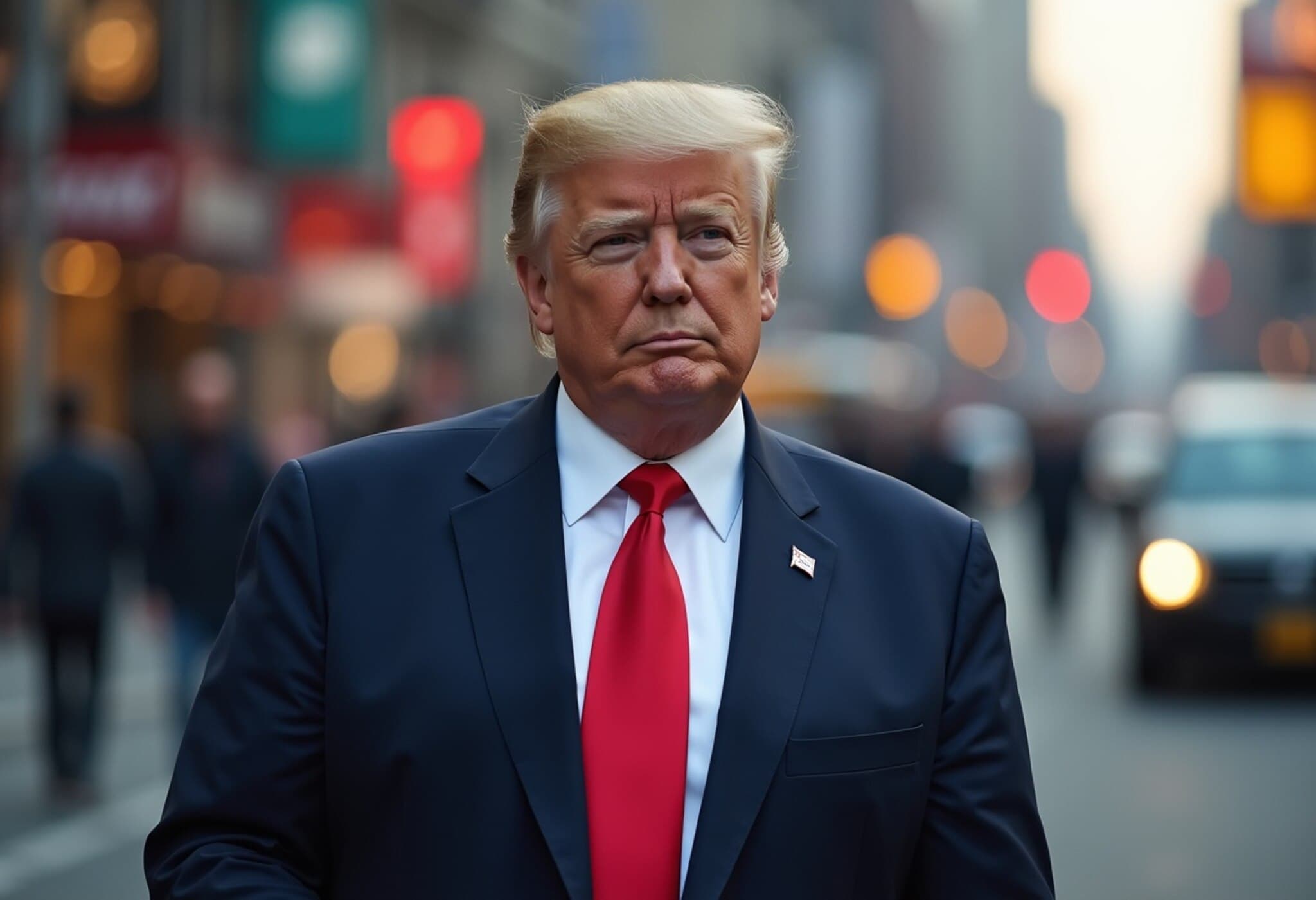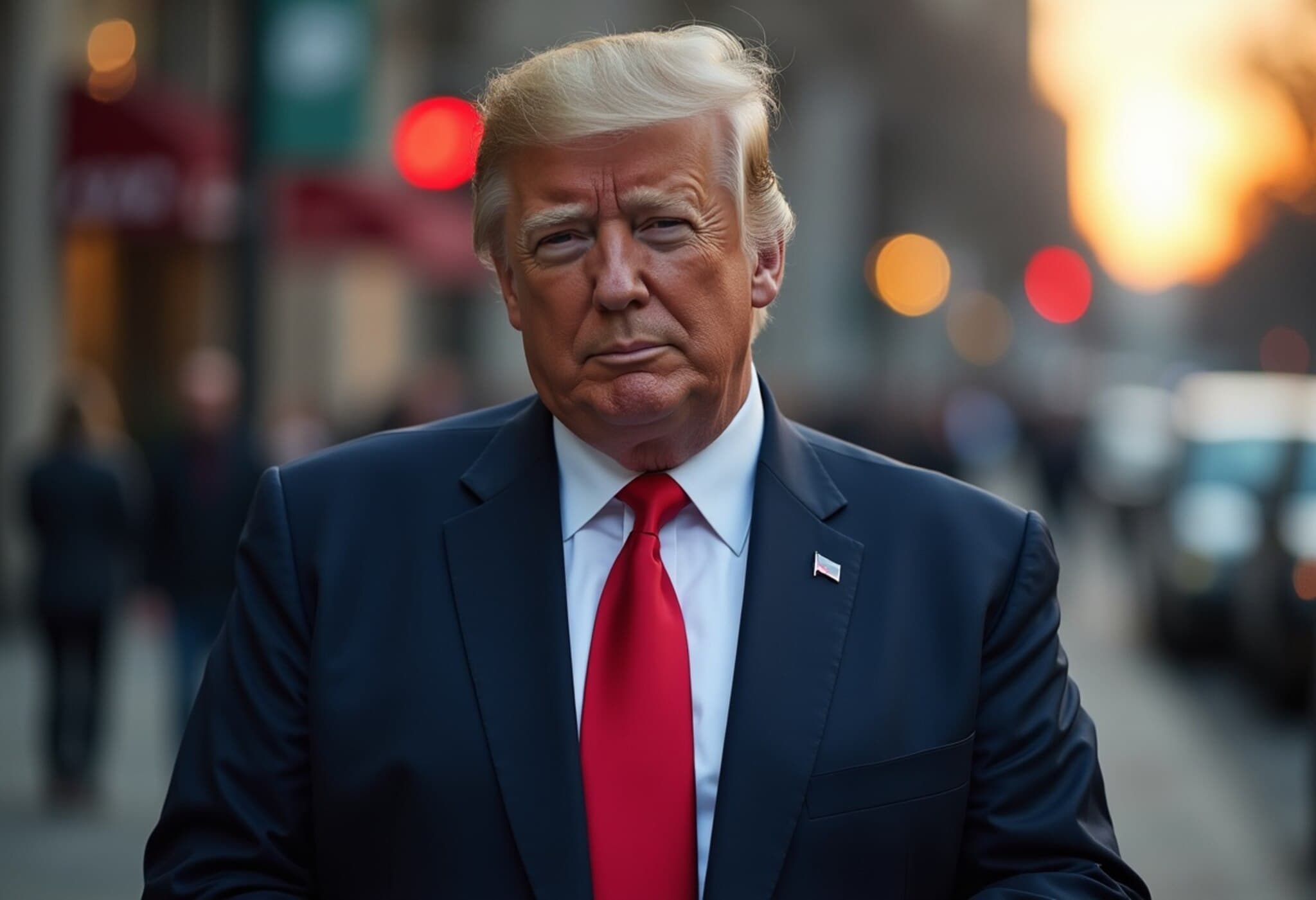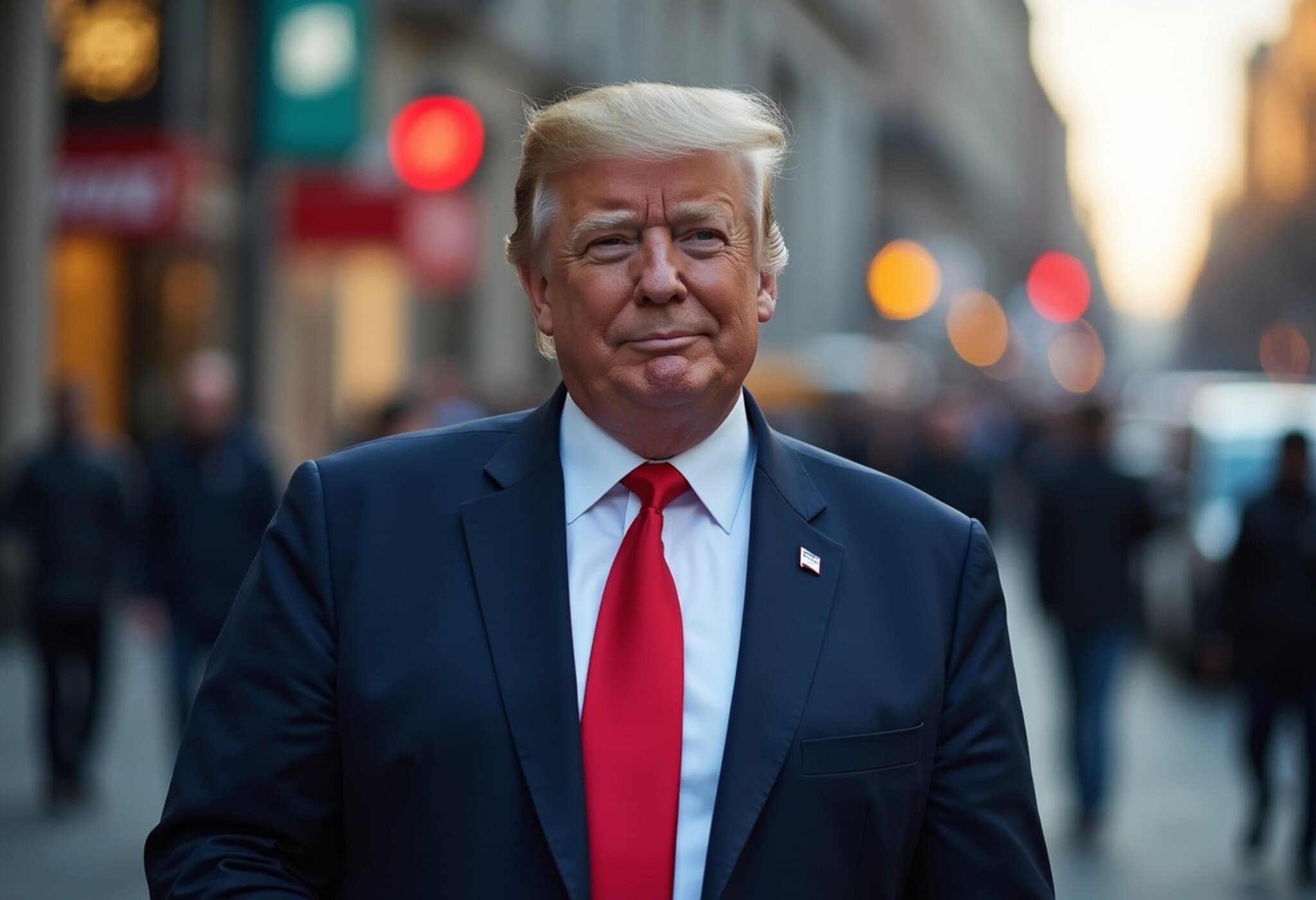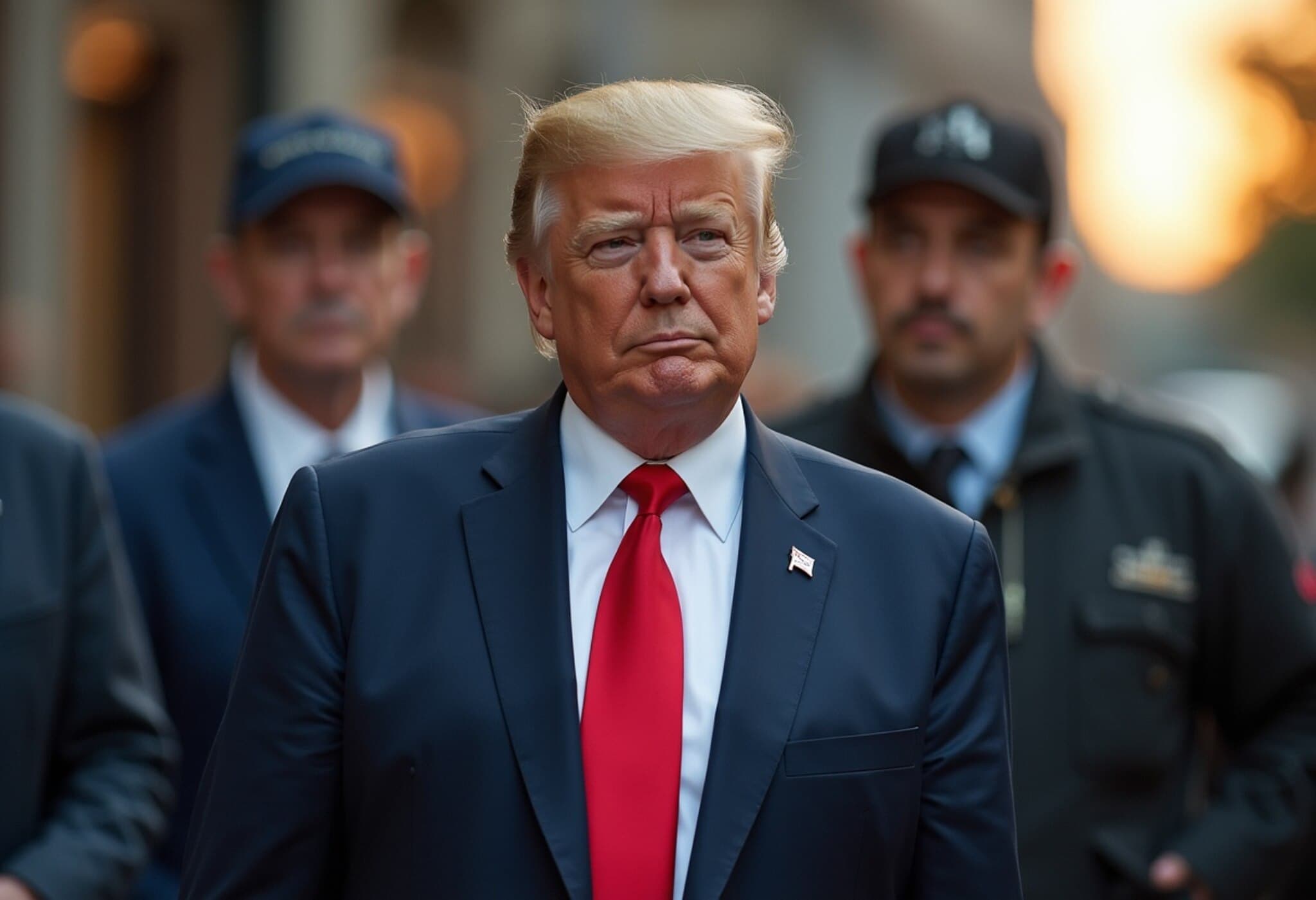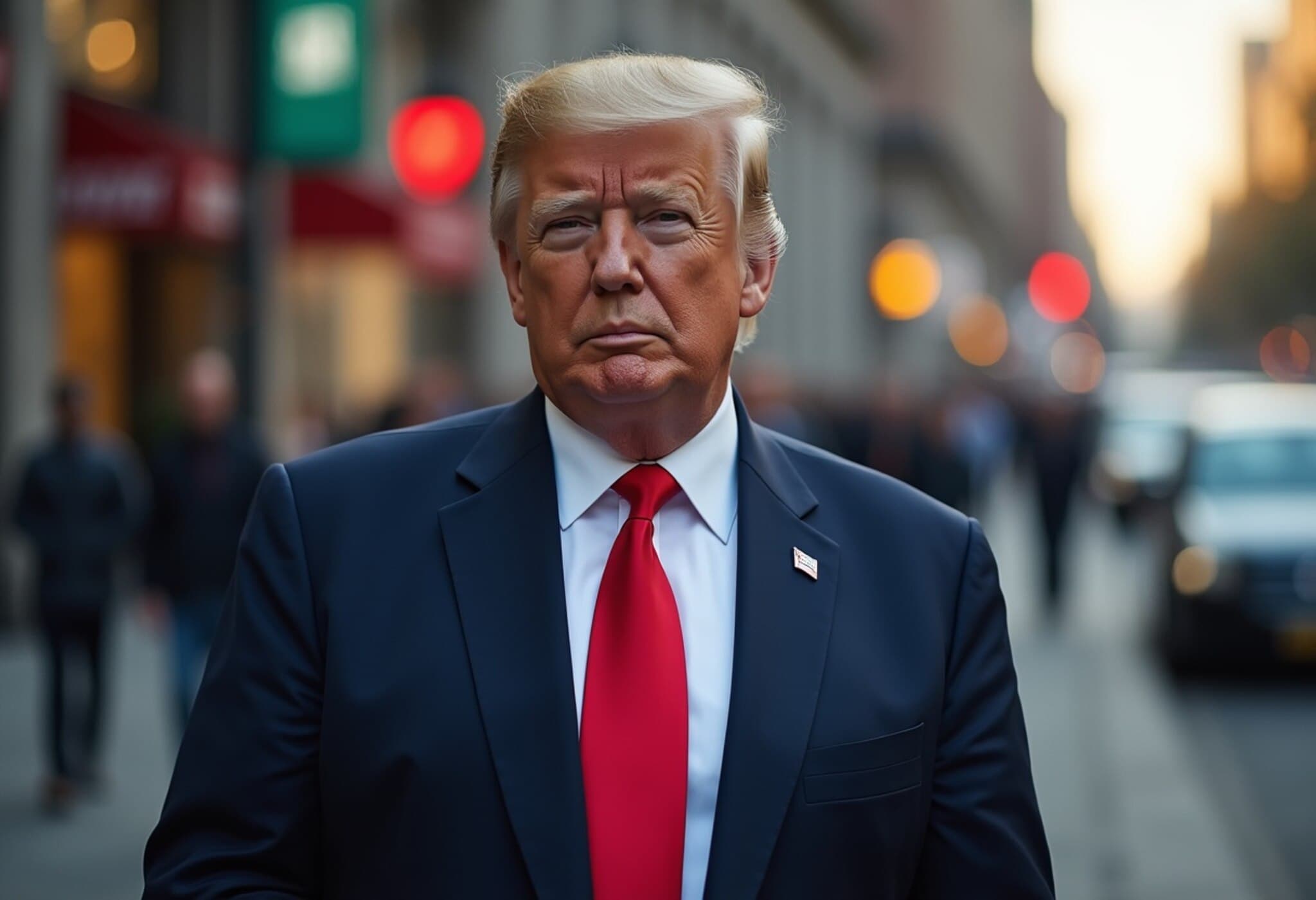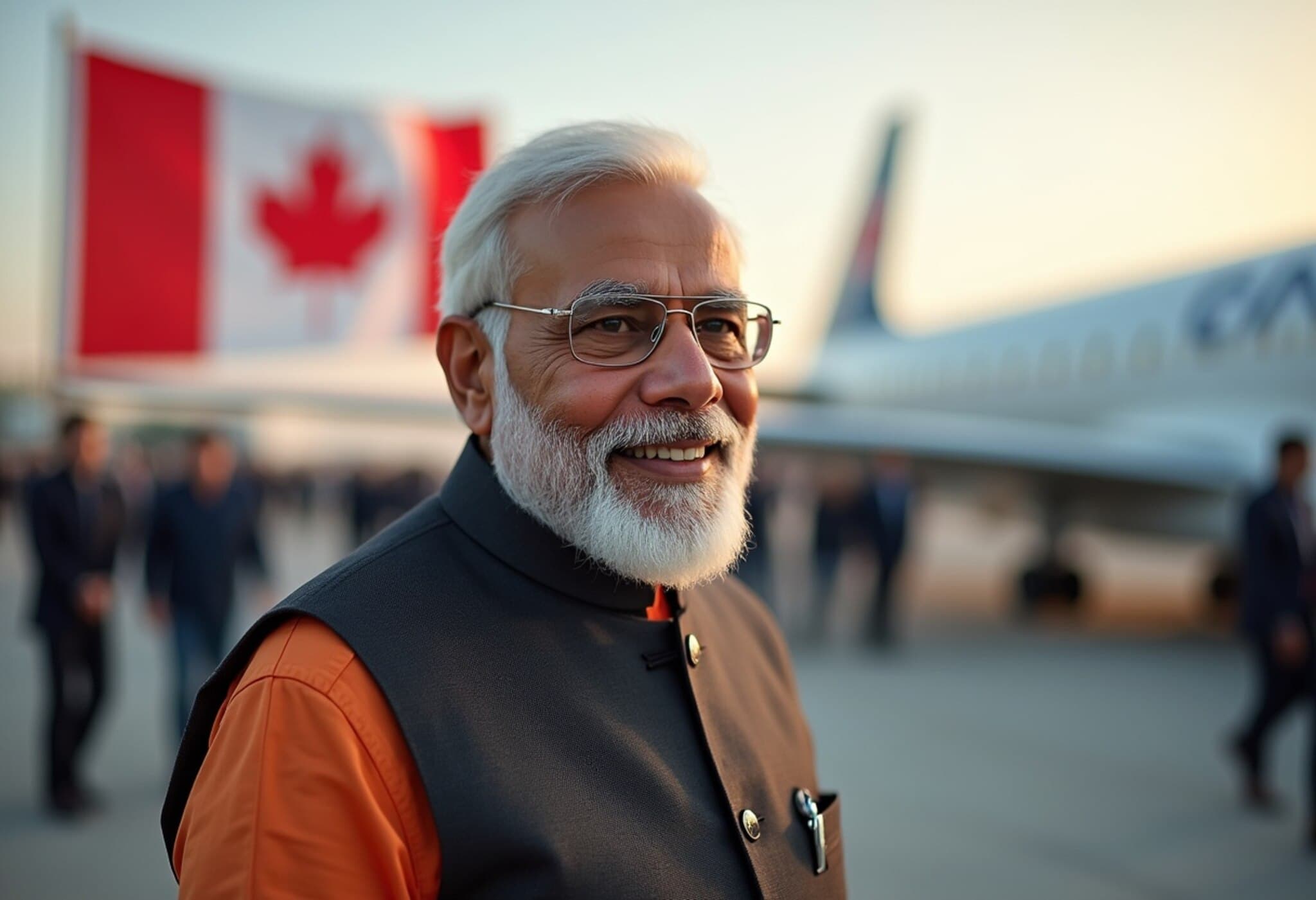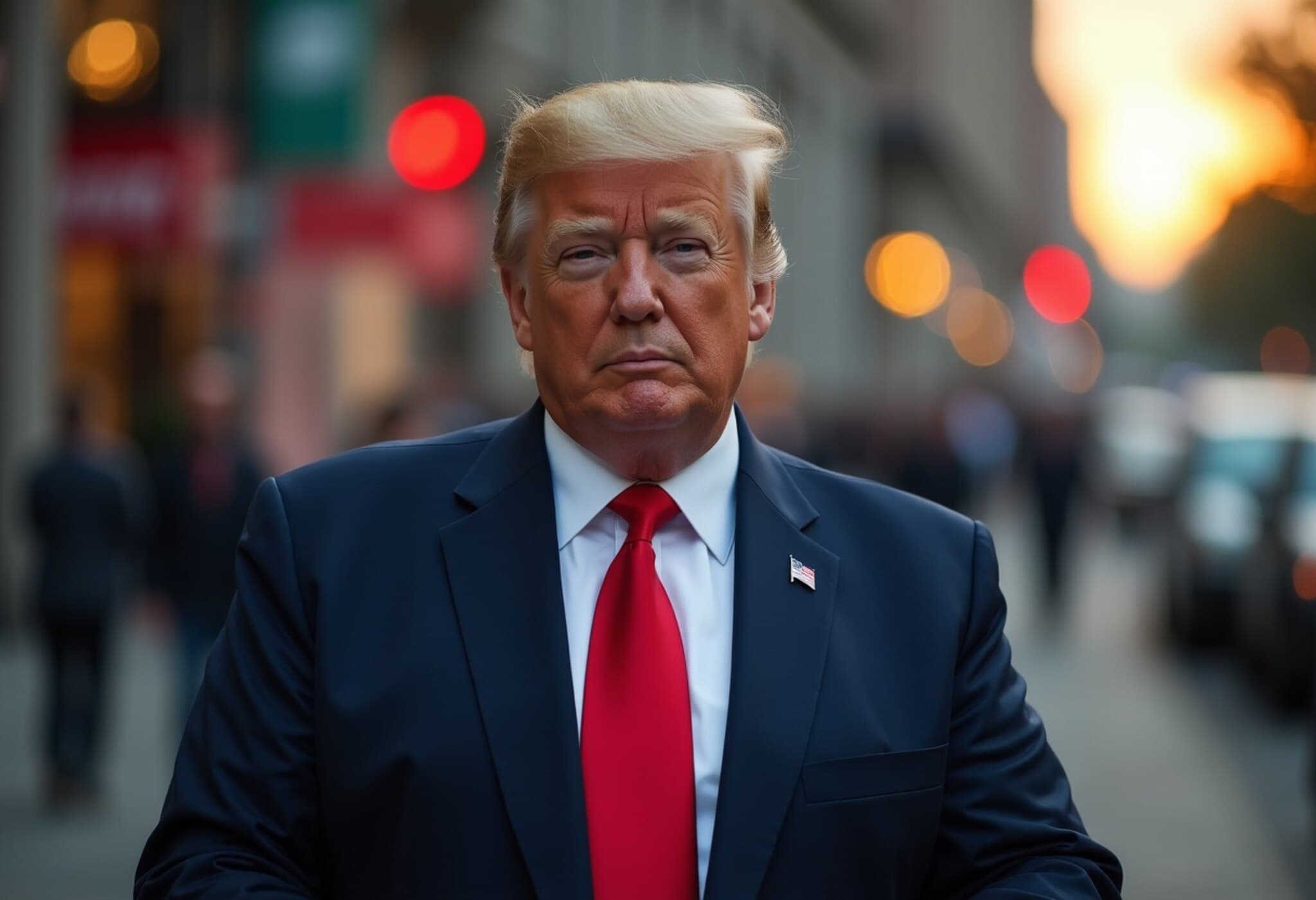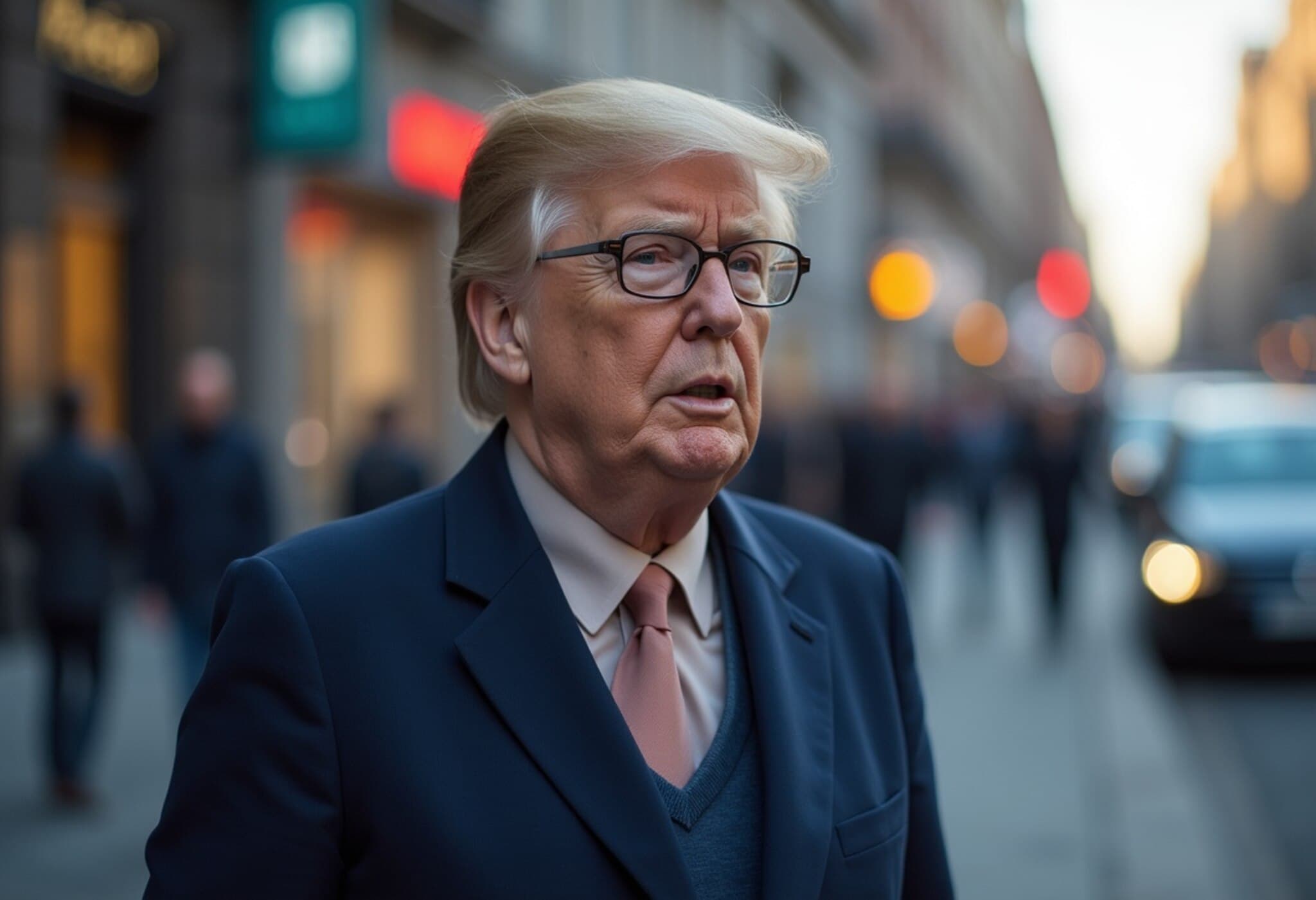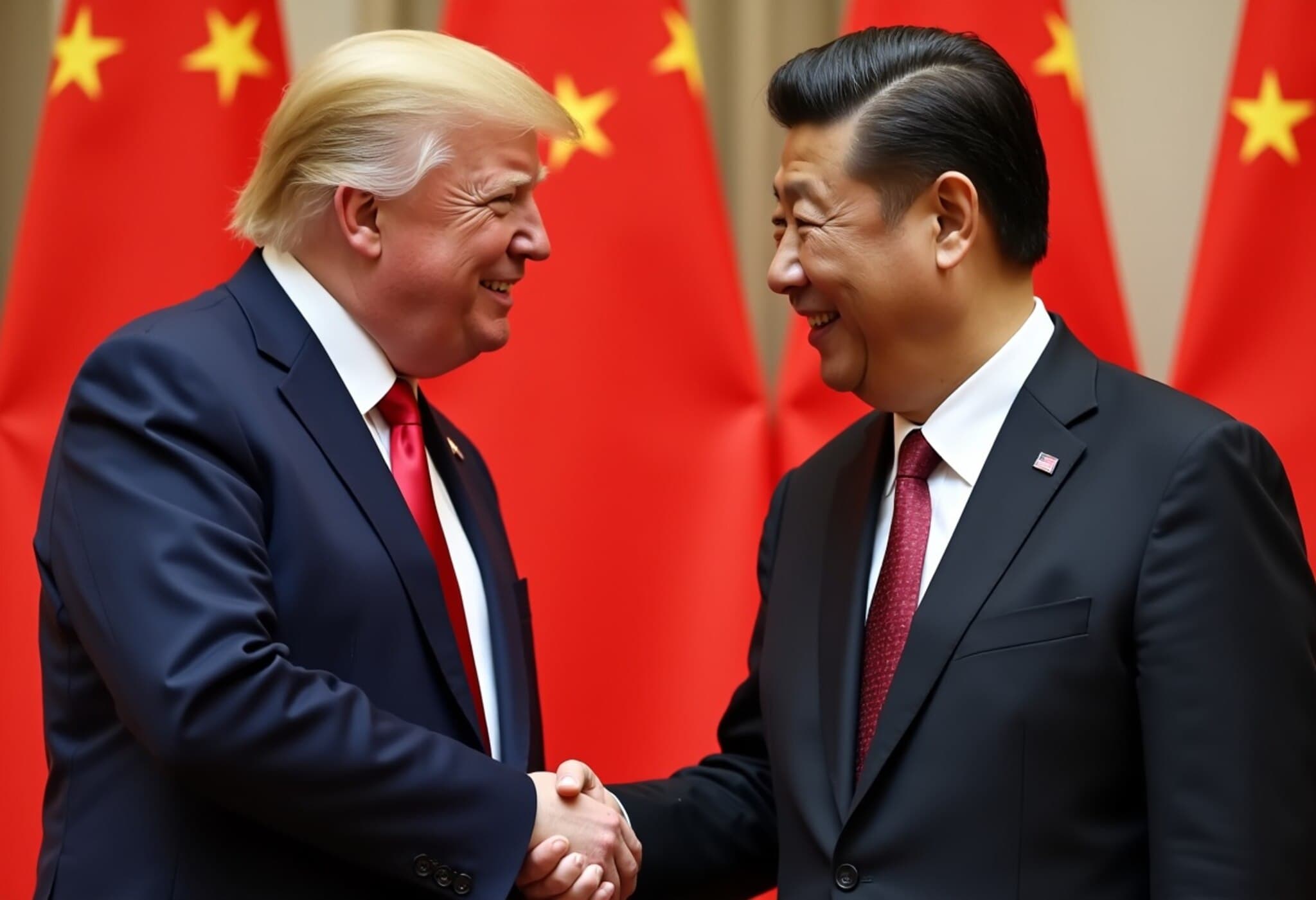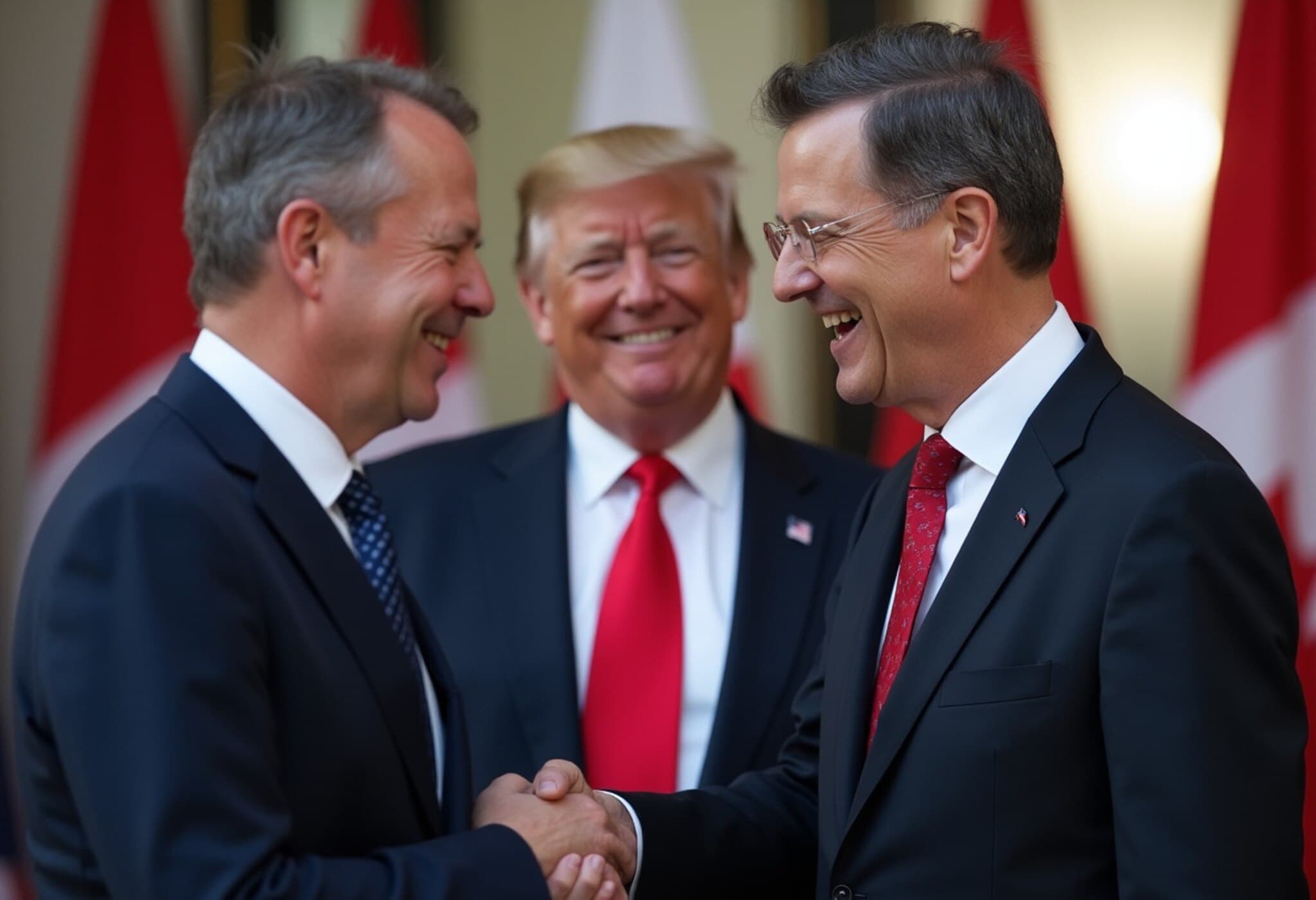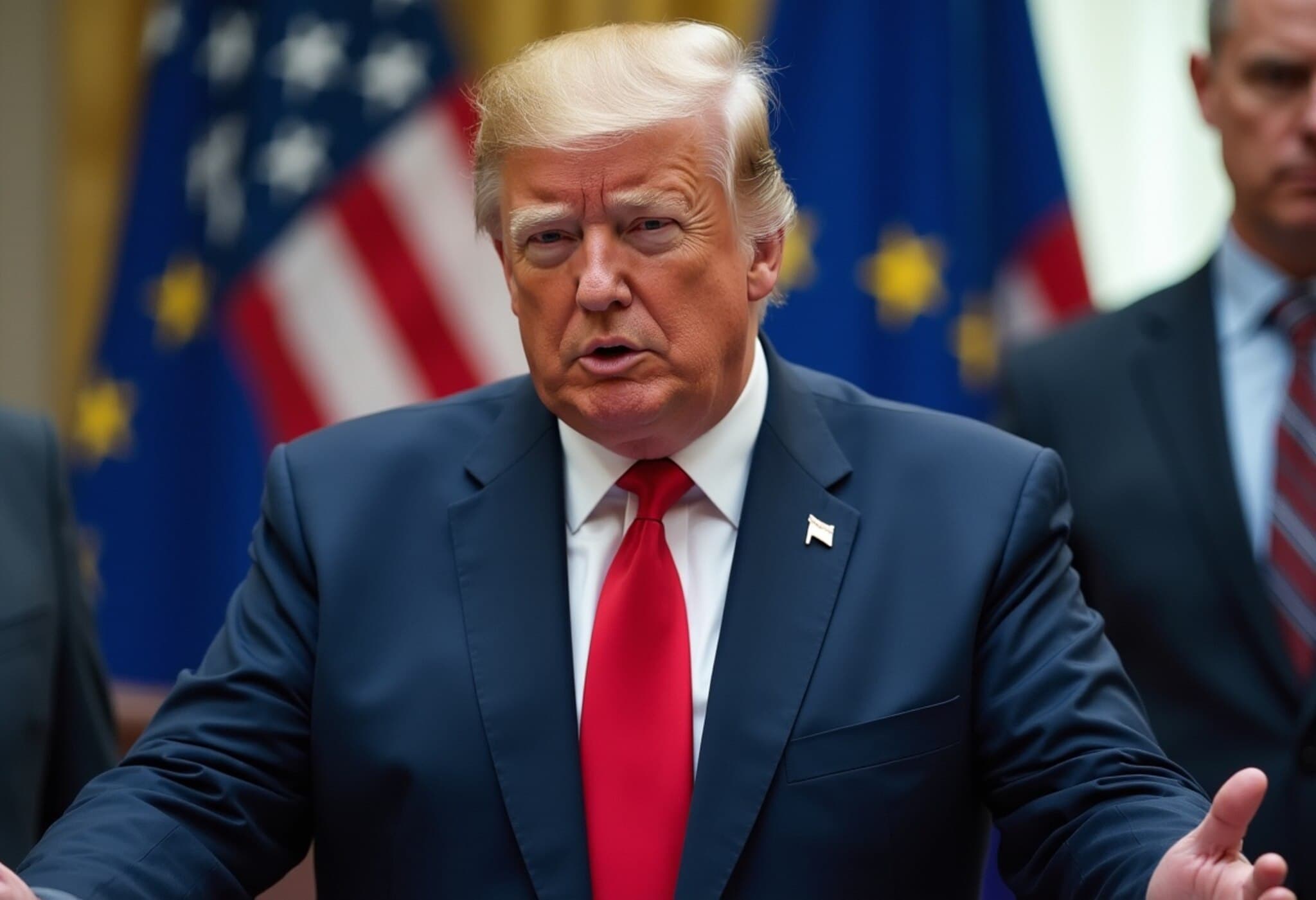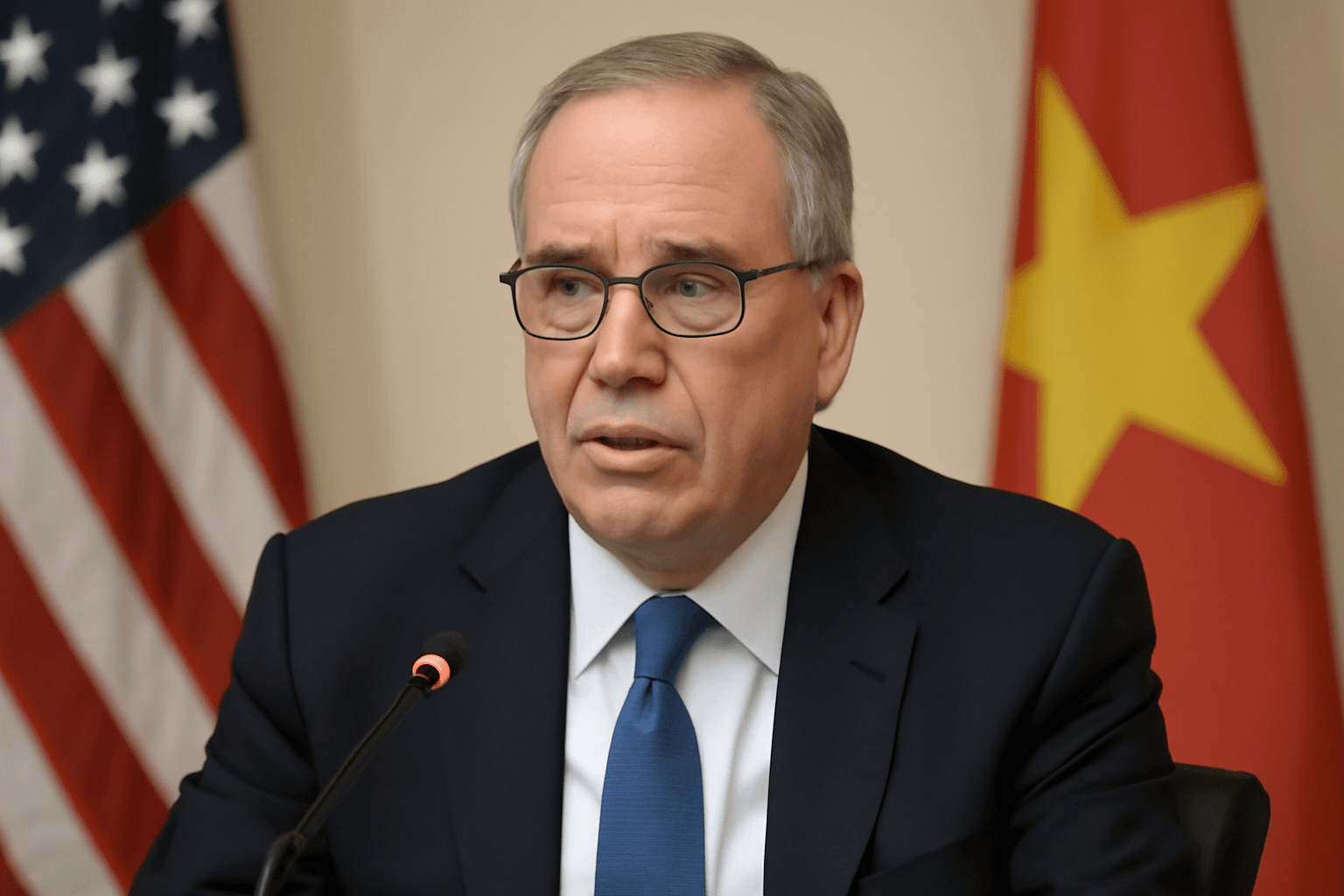Brazil's President Lula Responds Firmly to US Tariff Imposition
In a sharp rebuke of recent US trade policy, Brazilian President Luiz Inacio Lula da Silva has publicly condemned the decision by then-US President Donald Trump to impose a 50% tariff on Brazilian imports. This marked escalation in trade tensions between the two nations comes amid fraught political disagreements, including the US's vocal criticism of legal proceedings against former Brazilian President Jair Bolsonaro.
Sovereignty and Reciprocity at the Forefront
Addressing the issue during a BRICS summit in Rio de Janeiro, Lula stressed that Brazil would not tolerate external interference in its judicial affairs. "Brazil is a sovereign nation with independent institutions and will not accept any form of tutelage," he asserted. The Brazilian leader underscored that any legal action connected to Bolsonaro remains strictly within the jurisdiction of Brazil's judiciary, free from foreign pressure or threats.
Responding to the tariffs, Lula's administration pledged to activate the recently enacted Economic Reciprocity Law, which empowers Brazil to impose equivalent trade restrictions and countermeasures on US goods and services. This law, designed to safeguard Brazil’s economic interests, authorizes suspending concessions related to trade, investment, and intellectual property rights where necessary.
Debunking Trade Deficit Claims
Contrary to Trump's justification that tariffs were intended to close a trade deficit, Lula presented data from official US government sources demonstrating that the US has experienced a trade surplus of $410 billion with Brazil over the past 15 years. This factual correction adds further fuel to the escalating diplomatic standoff, raising questions about the accuracy and motivations behind the US's protectionist measures.
Contextualizing the Growing Trade Dispute
- The Economic Reciprocity Law: Passed by Brazil’s Congress in April, this legislation equips the government with robust tools to respond to unilateral trade barriers.
- BRICS Summit Stance: Lula positioned Brazil alongside fellow emerging economies resisting what he called the era of "an emperor" — implicitly targeting unilateral and hegemonic trade tactics.
- Broader Geopolitical Implications: Trump's tariff threats followed his declared intent to undermine BRICS, the influential coalition formed in 2009 by Brazil, Russia, India, China, and South Africa.
Expert Insight: Trade Wars and Global Power Dynamics
From an economic policy perspective, Lula's response can be seen as a strategic assertion of national sovereignty and economic dignity amid rising protectionist pressures globally. The invocation of reciprocity laws signals Brazil’s readiness to leverage its own market strength to push back against trade coercion. This move also emphasizes the limits of US unilateralism in an interconnected global economy, especially when dealing with key partners in Latin America.
Furthermore, the narrative challenges simplistic deficit rhetoric often used to justify tariffs, highlighting the need for accurate trade data interpretation in policy debates. Economists and trade experts caution that such tariff escalations risk disrupting supply chains, increasing costs for consumers, and rattling investor confidence on both sides.
Looking Ahead: Implications for US-Brazil Relations
This developing trade conflict underscores the fragility of international economic partnerships when geopolitical tensions intersect with domestic politics. For US policymakers, the episode is a reminder that aggressive trade policies can provoke resolute pushback from sovereign nations unwilling to accept what they perceive as economic bullying.
For Brazil, Lula's firm stance reflects deep-rooted aspirations for equitable treatment on the global stage and the protection of its rapidly evolving economy. Observers will be watching closely to see how Washington responds to the threat of Brazilian countermeasures and whether diplomatic dialogue can restore a more cooperative trajectory.
Key Questions Raised
- Will the US reconsider its tariff policy amid mounting international criticism and risk of retaliation?
- How will Brazil’s new Economic Reciprocity Law shape future trade negotiations and dispute resolutions?
- What does this friction signal about the future of multilateral trade cooperation, especially within the BRICS alliance?
Editor’s Note
The unfolding trade tensions between Brazil and the US represent more than a bilateral disagreement; they reflect broader challenges in navigating sovereignty, economic fairness, and power dynamics in today’s globalized world. President Lula’s assertive response exemplifies how emerging economies are increasingly willing and able to defend their interests on the world stage. As the dust settles, it remains to be seen how this dispute will influence trade norms and diplomatic relations in Latin America and beyond.

